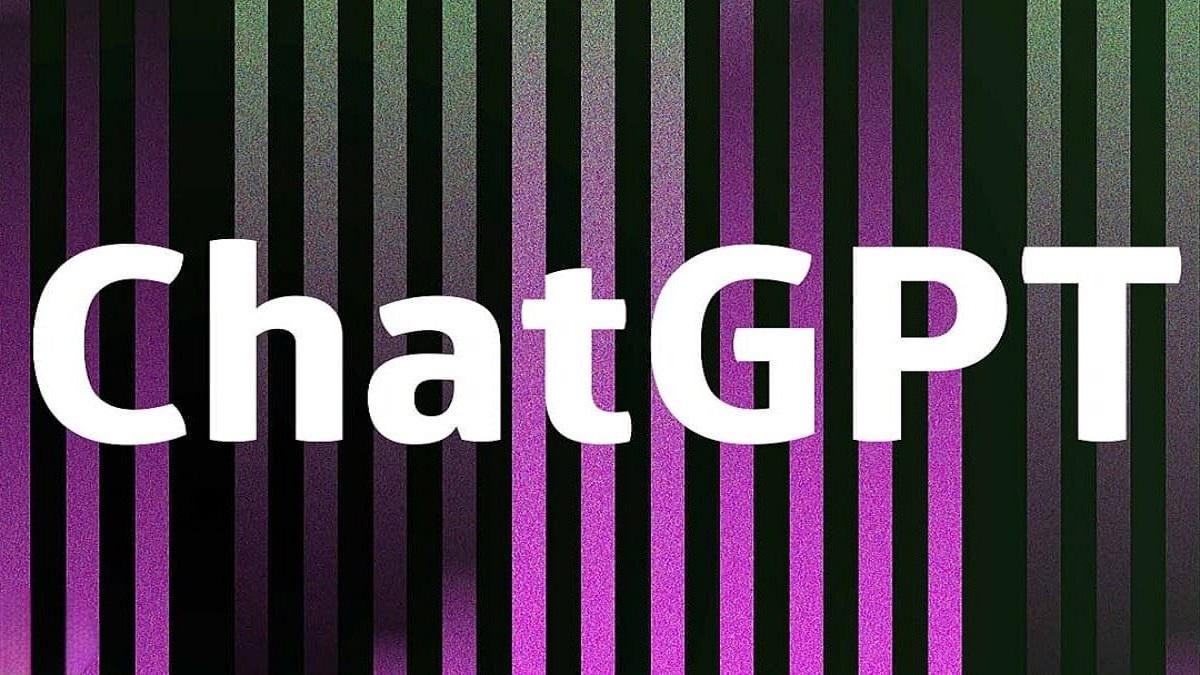Google vs. ChatGPT: A comparison of timeliness and reliability in medical information
Scientists from the University of California, Riverside's Bourns College of Engineering conducted an investigation by submitting 60 queries related to dementia on both Google and OpenAI's ChatGPT platforms.

A recent study comparing Google and OpenAI's ChatGPT in providing medical information reveals a trade-off between timeliness and reliability. Published in the Journal of Medical Internet Research, the study shows that Google offers the latest information but may be skewed by commercial interests, while ChatGPT provides more objective data but can lack up-to-date sources and references in its responses.
Researchers from the University of California, Riverside's Bourns College of Engineering submitted 60 queries related to dementia to both platforms, as this condition affects over 6 million Americans, prompting a need for reliable health information. Half of the queries sought disease process information, while the other half focused on services for patients and families.
Results indicate that Google tends to have more up-to-date information, as it covers a wide range of sources. However, it also includes advertisements and for-profit websites, leading to a reliability concern. Advertisers pay to have their links displayed prominently, potentially compromising the accuracy of search results.
On the other hand, ChatGPT, while providing more reliable and accurate data, may suffer from being outdated as it undergoes training only every few months. The creators of the ChatGPT carefully select trustworthy websites during training, but its narrative responses lack explicit references to specific sources.
The study highlights the need for a balanced approach to medical information platforms. Combining the best features of both systems could lead to a more robust and reliable system in the future. For now, users are advised to consider the timeliness of information when using Google and the reliability of data when consulting ChatGPT. Additionally, both platforms scored low in readability, making it challenging for users with limited education or health literacy skills to access and comprehend the provided information.
Inputs from IANS